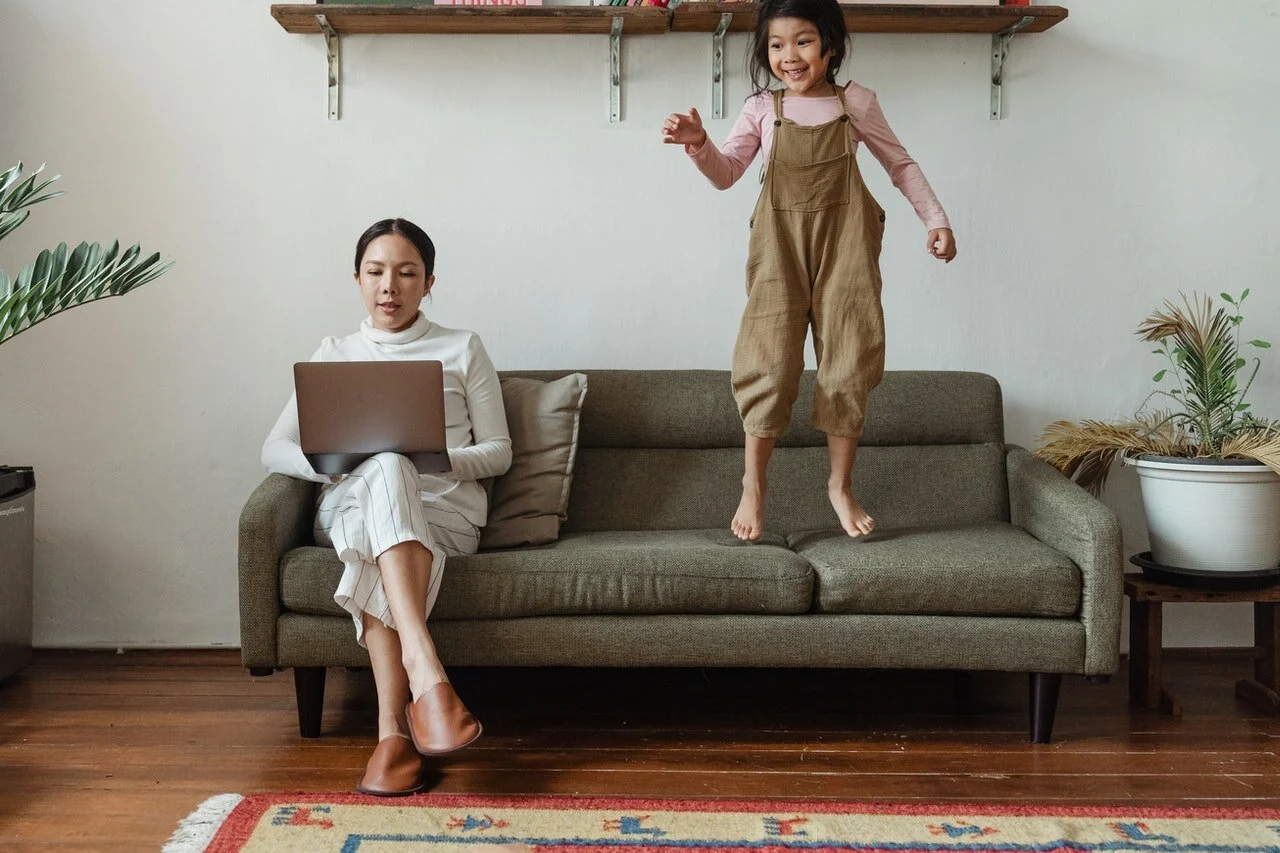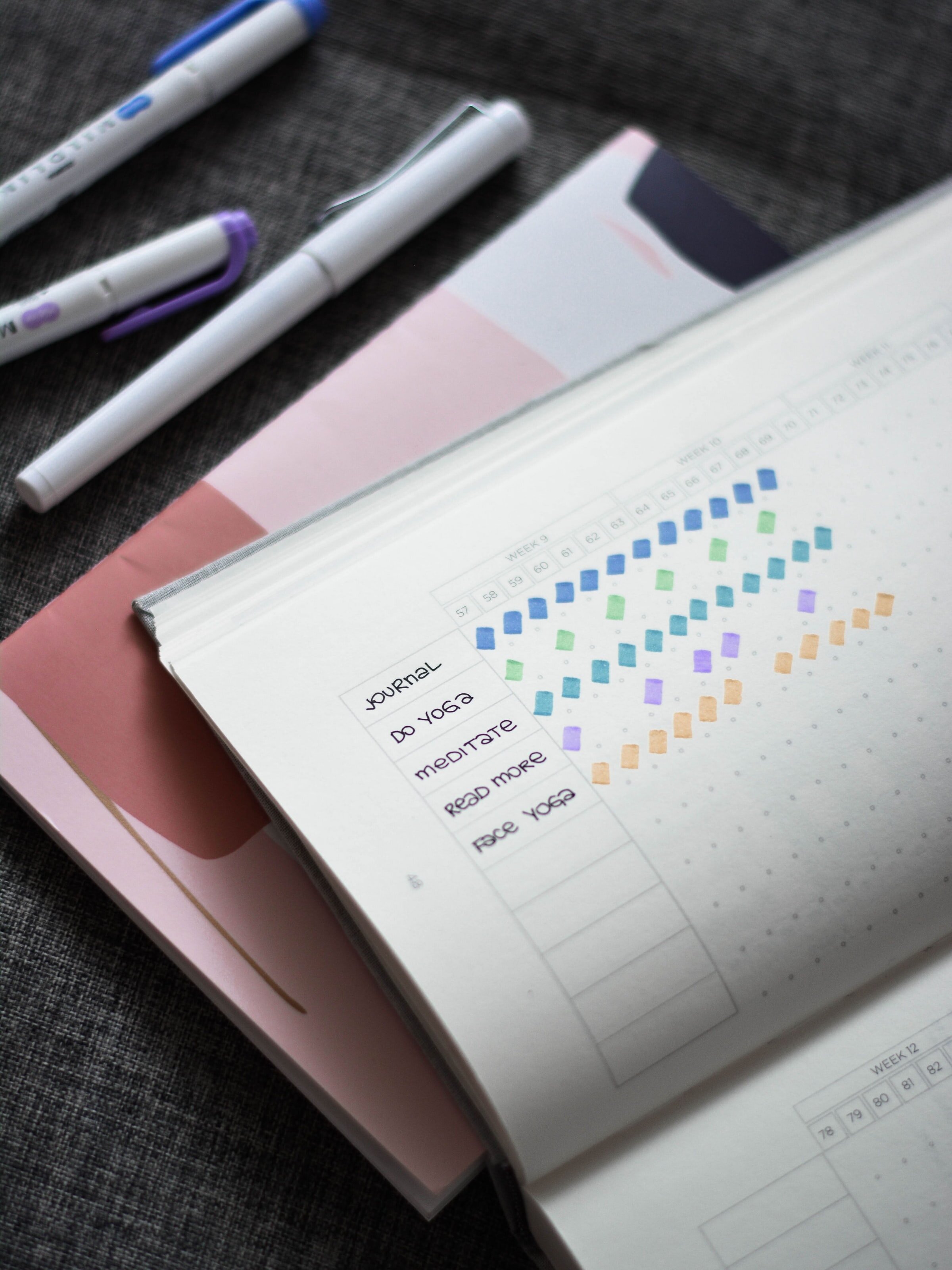by Melody Wright, LMFT
2021 has presented us with many challenges at an individual, national, and global level. These challenges have created higher levels of stress in us and those around us. Many people have reported feeling high levels of stress due to being affected by Covid, being impacted by the racial and political tension within our country, and being exposed to higher rates of crime. These stressors may have also led to feelings of fear, frustration, anger, and overall feeling inundated by what is going on in the world around us. No matter what challenges or stressors you’ve faced this last year, we want to reassure you that it is okay not to be okay.
As you look back at the events that took place over this last year, it is important to notice how these events have impacted your physical, emotional, and mental health. When we give ourselves permission to acknowledge that we are not okay or that something does not feel right, we can start the journey of healing by identifying the parts in us that need some extra care and attention. You may also find comfort in knowing that there are many others at this moment that are feeling the same way you are. It may also help you to know that there are strategies to help you cope when you are feeling overstressed or overwhelmed.
At this point in time, you may be feeling like things are not going the way you hoped they would or that they are not getting better as fast as you’d hoped. That’s okay.
While it may not feel like things are going well for you right now, there are strategies you can implement today to help you feel a little less overwhelmed and more hopeful about current events:
Eat, sleep, repeat. This sounds easy in theory, but many people sacrifice sleep and regular meals when they feel stressed or overwhelmed. Ironically, not eating or sleeping well will contribute to higher stress levels or irritability. Getting enough sleep and eating well will help you with your focus and overall mood.
Pick-up or restart your old hobbies. It is important to make time for activities that create moments of fun and relaxation. If it’s been a while since your last nature hike, or you have been meaning to read a new book, adding just a few minutes to your day for a hobby can help give you some much needed me-time for things that make you happy.
Create a to-do list. If you’re feeling overwhelmed with tasks and work well with visual reminders, putting together a to-do list may help you organize your thoughts. You may find yourself feeling a bit more at ease once you can visualize all the things that need to be done. The physical act of getting the thoughts out of your mind and onto paper may also provide a sense of relief. Bonus points to you if you list items in order of priority so you can clearly identify what needs to get done first.
Tidy up. The last thing you want to do sometimes is add another item to your to-do list. With that said, cleaning can help give you a break from your overwhelming thoughts AND help you declutter your physical space. The decluttering of your physical space can help you feel mentally decluttered as well.
Whether you’re going through a difficult time in your life or are feeling emotionally exhausted due to this year’s events, know that you are among many who are experiencing and feeling the same things you are. You may not be okay right now, but you will be. Being able to feel okay again sometimes means tapping into your support system. Your support system can help give you an outside perspective or coping strategies based on your current life circumstances.
Remember that a therapist can be part of that much-needed support system. For more information, reach out to us on getting connected to a member of our team.
Also, if you’re needing some additional support we have an online Grief and Loss Workshop this December. Click here to learn more.
























